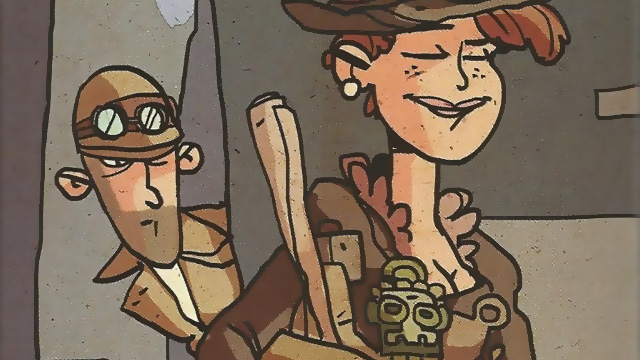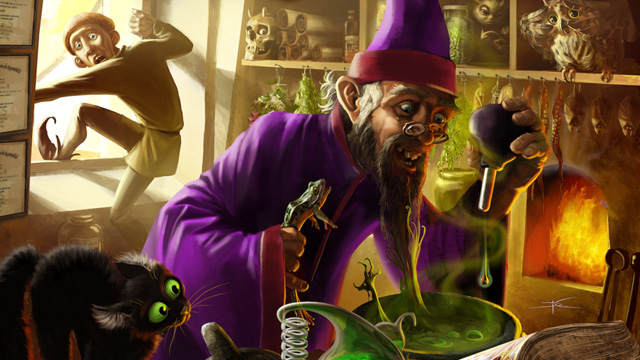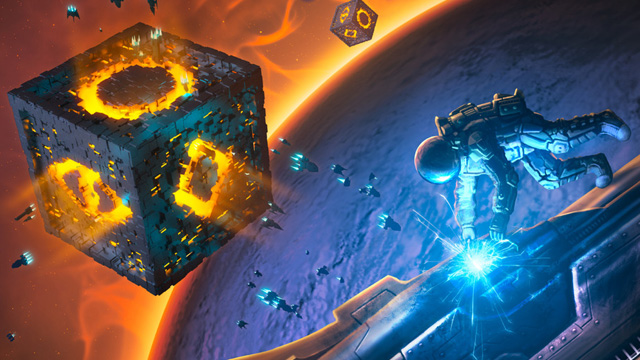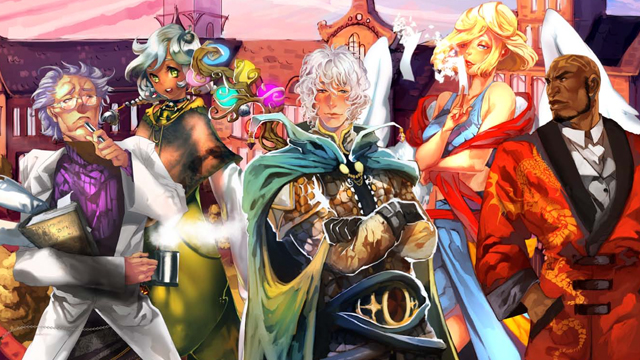
If you are at all familiar with modern board games, you’ve likely been exposed to The Settlers of Catan. Klaus Teuber’s 1993 design helped to change the face of the hobby, kicking off the “eurogame” revolution. At the time, it was a massive paradigm shift for players who had been raised on Parker Brothers and Milton Bradley fare for generations. To this day, it is still a leading “gateway game” for introducing new players to the wider world of board games outside of the mass-market stalwarts. READ MORE

As a member of London’s famed Adventurer’s Club, you have heard countless tales of thrilling excitement. Professor Elemental’s tales are especially enthralling. There’s just one problem: they’re complete fabrications.
You’ve seen him sneaking around back streets, collecting worthless trinkets from curio shops and overhearing anecdotes in pubs that he then weaves into his bogus tales of adventure. You could call him out on it if you wanted to. But instead you’ve decided that two (to six) can play this game… READ MORE

When I talked about Aquasphere, I mentioned my day job in scientific research. Little did I suspect at the time that I would soon play another game, Alchemists, that would essentially focus on the ins and outs of academia (sort of).
In Alchemists, each player takes on the role of a potion brewer attempting to learn the secrets of their art via experimentation and deduction. There are eight “alchemicals” in the world, and eight mystical ingredients that each contain one of them. Your job is to determine which ingredient represents which alchemical. READ MORE

Race for the Galaxy is still one of my all-time favorite games, but I won’t deny that it has a fairly steep learning curve. It can be hard to teach to new players, especially after several expansions had fundamentally changed the game for me, making a stripped-down “base” game awkward for all involved. A new, streamlined start would be a better option, and that’s exactly what Roll for the Galaxy offers. READ MORE

I really appreciate good world-building. For me, the sign of a solid, well-crafted setting is the ability to re-use it in other creations beyond the original and its sequels or expansions. This isn’t something that happens in the board game world very often without a licensed property being involved. A good recent example is Fantasy Flight Games’s Android universe, which spun off into Infiltration and served as a natural fit for the revival of Netrunner.
Level 99 Games has now done something similar, taking its World of Indines, most notably seen in its BattleCON Street Fighter-style fighting games, and exploring one of its key locations: Argent University. READ MORE
























